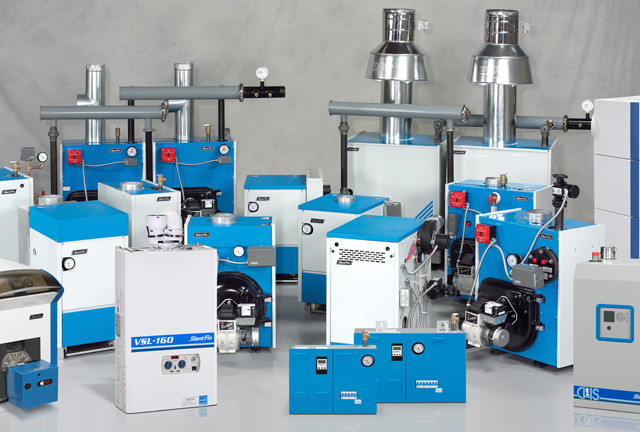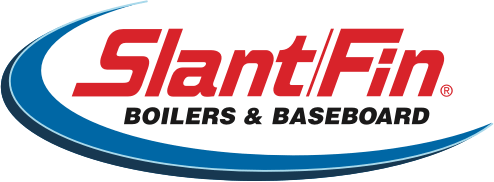
Just like other home appliances your home’s heating boiler has a life expectancy. Perhaps your boiler is reaching the age when you should consider replacing it. Most boilers installed since the mid 1980s are over 80% efficient. However similar to other appliances this efficiency can drop with extended use. Perhaps you want to improve your heating boiler efficiency and lower your fuel costs. We want you to make an educated decision in choosing the correct boiler that will satisfy your individual needs.
Items to consider in selecting a new boiler for your home.
Size- Bigger is not better. Your home heating boiler should be properly sized for your home. A steam heating boiler is sized according to the “connected load” which means how much radiation needs to be supplied with steam. Hot water boilers are different. For a hot water boiler a “heat loss” should be performed. Then a hot water boiler should be selected to satisfy the heat loss. In cases where your hot water heating system is a “large water capacity system” boiler sizing will be increased to account for unusual piping and pick up. Have a heat loss done before selecting a new hot water boiler.
Type of fuel- generally natural gas is the low cost fuel for homes in the USA in recent years. Sometimes electrical rates are so low that electricity is the low cost fuel. Often natural gas is not available in an area and the homeowner must select between LP Gas fired, Oil fired or Electricity. Here are heat content of popular fuels
1 Therm of natural gas= 100,000 BTU
1 gallon #2 fuel oil = 139,000 BTU
1 gallon of LP Fuel = 91,000 BTU
1 KW electricity= 3413 BTU
Venting- do you want to vent into a chimney, side wall or thru the roof. Most applications still use the chimney, however as boilers become more efficient either lining the chimney or using side wall or through the roof venting may be necessary. Generally gas fired boilers under 85% can exhaust into a chimney and over 85% must exhaust through either special stainless steel or plastic venting material.
Efficiency- as stated above most “chimney’ vented boilers’ efficiencies are under 85% A.F.U.E.. to achieve 90% A.F.U.E. or above the boiler must be a “condensing boiler”. A condensing boiler becomes more efficient by condensing the water vapor that is a by-product formed during the gases combustion process. If you are operating a high efficiency condensing boiler to generate 180F water you are not achieving 90% efficiency, at this temperature the efficiency will be around 88%. A modulating and condensing boiler has an added operational feature of varying the energy input (and therefore consumed) based on actual heating load at any given time. This does add to the operating efficiency of a modulating and condensing boiler. A high efficiency condensing boiler starts condensing when the heating system water is around 130F.
Life Expectancy- Generally a cast iron boiler has a 30 year or more life expectancy. A high efficiency modulating and condensing boiler’s life expectancy is about one half of the time. This is an important factor in determining what your return on investment will be for a high efficiency boiler.
Conclusion- Buying a new boiler is a major expense and a major investment for your home. As other investments there are advantages to standard efficiency boilers and to high efficiency boilers. Make an educated decision, not an emotional one. We suggest you write down your goals and determine what product best meets your particular goals.

